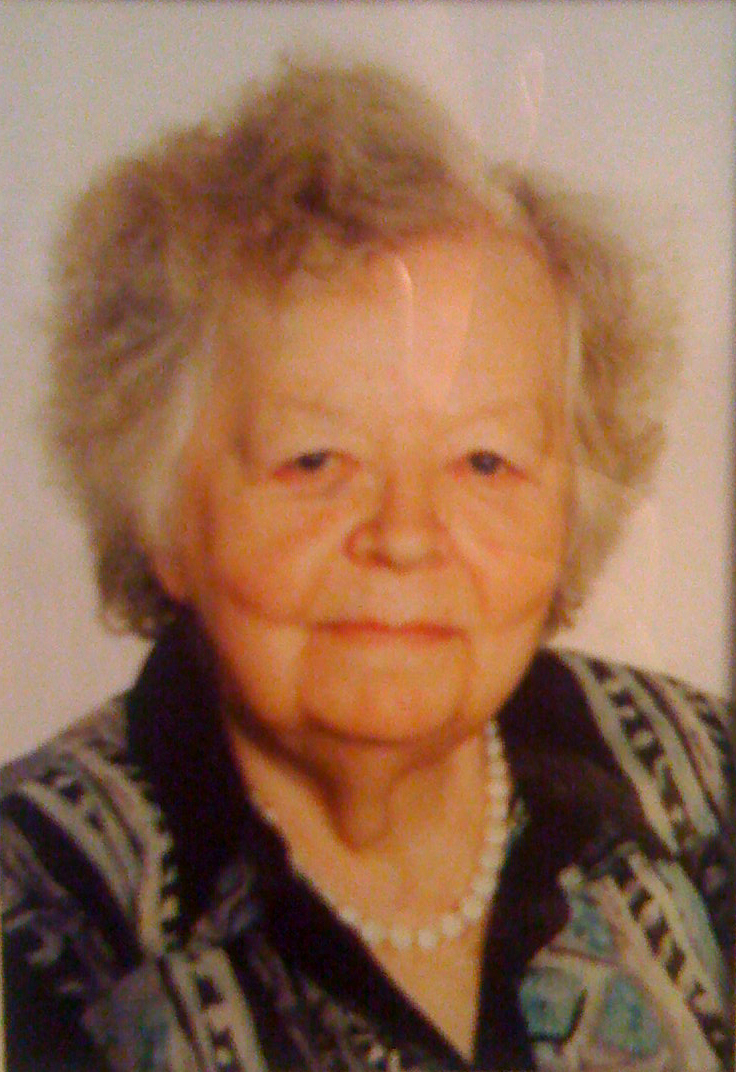Svetlana Pletnyova on:
[Wikipedia]
[Google]
[Amazon]
 Svetlana Alexandrovna Pletneva (also spelled Pletnyeva and Pletnyova russian: Светлана Александровна Плетнева) (April 1, 1926 in Vyatka- 20 November 2008 in
Svetlana Alexandrovna Pletneva (also spelled Pletnyeva and Pletnyova russian: Светлана Александровна Плетнева) (April 1, 1926 in Vyatka- 20 November 2008 in
Pletneva's page
on the Institute for Archeology website 1926 births 2008 deaths Khazar studies 20th-century Russian historians Soviet historians Soviet women historians Russian archaeologists Russian women archaeologists Moscow State University alumni 20th-century Russian women writers Soviet archaeologists Rossiyskaya arkheologiya editors {{Russia-archaeologist-stub
 Svetlana Alexandrovna Pletneva (also spelled Pletnyeva and Pletnyova russian: Светлана Александровна Плетнева) (April 1, 1926 in Vyatka- 20 November 2008 in
Svetlana Alexandrovna Pletneva (also spelled Pletnyeva and Pletnyova russian: Светлана Александровна Плетнева) (April 1, 1926 in Vyatka- 20 November 2008 in Moscow
Moscow ( , US chiefly ; rus, links=no, Москва, r=Moskva, p=mɐskˈva, a=Москва.ogg) is the capital and largest city of Russia. The city stands on the Moskva River in Central Russia, with a population estimated at 13.0 millio ...
) was a Russian and Soviet
The Soviet Union,. officially the Union of Soviet Socialist Republics. (USSR),. was a transcontinental country that spanned much of Eurasia from 1922 to 1991. A flagship communist state, it was nominally a federal union of fifteen nation ...
archaeologist and historian
A historian is a person who studies and writes about the past and is regarded as an authority on it. Historians are concerned with the continuous, methodical narrative and research of past events as relating to the human race; as well as the st ...
. Like Lev Gumilev
Lev Nikolayevich Gumilyov (russian: Лев Никола́евич Гумилёв; 1 October 1912 – 15 June 1992) was a Soviet historian, ethnologist, anthropologist and translator. He had a reputation for his highly unorthodox theories of e ...
, she was a student of Mikhail Artamonov, although she discarded many of the former's theories as mere speculations. She won the USSR State Prize
The USSR State Prize (russian: links=no, Государственная премия СССР, Gosudarstvennaya premiya SSSR) was the Soviet Union's state honor. It was established on 9 September 1966. After the dissolution of the Soviet Union, t ...
in 1986.
Pletneva is the author of numerous books on Eurasia
Eurasia (, ) is the largest continental area on Earth, comprising all of Europe and Asia. Primarily in the Northern and Eastern Hemispheres, it spans from the British Isles and the Iberian Peninsula in the west to the Japanese archipelago ...
n nomads
A nomad is a member of a community without fixed habitation who regularly moves to and from the same areas. Such groups include hunter-gatherers, pastoral nomads (owning livestock), tinkers and trader nomads. In the twentieth century, the po ...
, particularly the Khazars
The Khazars ; he, כּוּזָרִים, Kūzārīm; la, Gazari, or ; zh, 突厥曷薩 ; 突厥可薩 ''Tūjué Kěsà'', () were a semi-nomadic Turkic people that in the late 6th-century CE established a major commercial empire coverin ...
.
Honours and awards
*State Prize of the USSR
The USSR State Prize (russian: links=no, Государственная премия СССР, Gosudarstvennaya premiya SSSR) was the Soviet Union's state honor. It was established on 9 September 1966. After the dissolution of the Soviet Union, t ...
*Order of the Badge of Honour
The Order of the Badge of Honour (russian: орден «Знак Почёта», orden "Znak Pochyota") was a civilian award of the Soviet Union.
It was established on 25 November 1935, and was conferred on citizens of the USSR for outstanding ...
*Medal "For Labour Valour"
The Medal "For Labour Valour" (russian: Медаль «За трудовую доблесть») was a civilian labour award of the Soviet Union bestowed to especially deserving workers to recognise and honour dedicated and valorous labour or ...
*Medal "For Distinguished Labour"
The Medal "For Distinguished Labour" (russian: Медаль «За трудовое отличие») was a civilian labour award of the Soviet Union bestowed to especially deserving workers to recognise and honour high performances in labour o ...
External links
Pletneva's page
on the Institute for Archeology website 1926 births 2008 deaths Khazar studies 20th-century Russian historians Soviet historians Soviet women historians Russian archaeologists Russian women archaeologists Moscow State University alumni 20th-century Russian women writers Soviet archaeologists Rossiyskaya arkheologiya editors {{Russia-archaeologist-stub